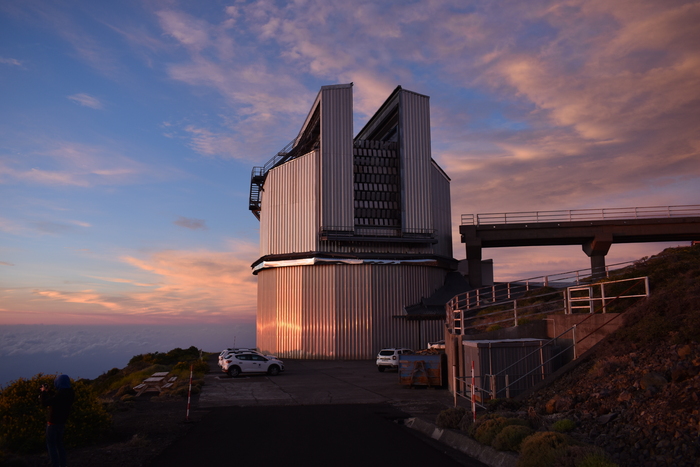A 'compact' planetary system has been identified that has broken the record of the youngest: it is 'only' 650 million years old, compared to the 3-10 billion years of the other known ones, and is made up of a small Neptune and a hot Saturn that orbit very close to their star.
The discovery, published in the journal Astronomy & Astrophysics, is due to the international research group led by the National Institute of Astrophysics and the University of Padua, with the contribution of the Roma Tre and Turin universities.
The system, called TOI-5398, could therefore become a milestone in understanding how this type of planetary system, of which only five other examples are known, is formed.
The result was obtained thanks to combined data from INAF's Telescopio Nazionale Galileo in the Canary Islands, NASA's Tess space telescope and many other astronomical observatories around the world.
The observations made it possible to confirm that TOI-5398 consists of an inner planet a little smaller than Neptune and a hot giant with a mass similar to that of Saturn, which orbits the star in about 10 days.
“The formation of this planetary system, instead of dating between 3 and 10 billion years like the others, is measured in approximately 650 million years,” comments Giacomo Mantovan of the University of Padua and INAF, who led the study.
“This is the exceptional aspect, because this system is not in a frozen and definitive situation like the others – explains Mantovan – but is indeed young and therefore evolving.
It can therefore offer new answers regarding the evolution of the planets and their atmosphere, something of extreme importance also for the understanding of our Solar System".
Reproduction reserved © Copyright ANSA

